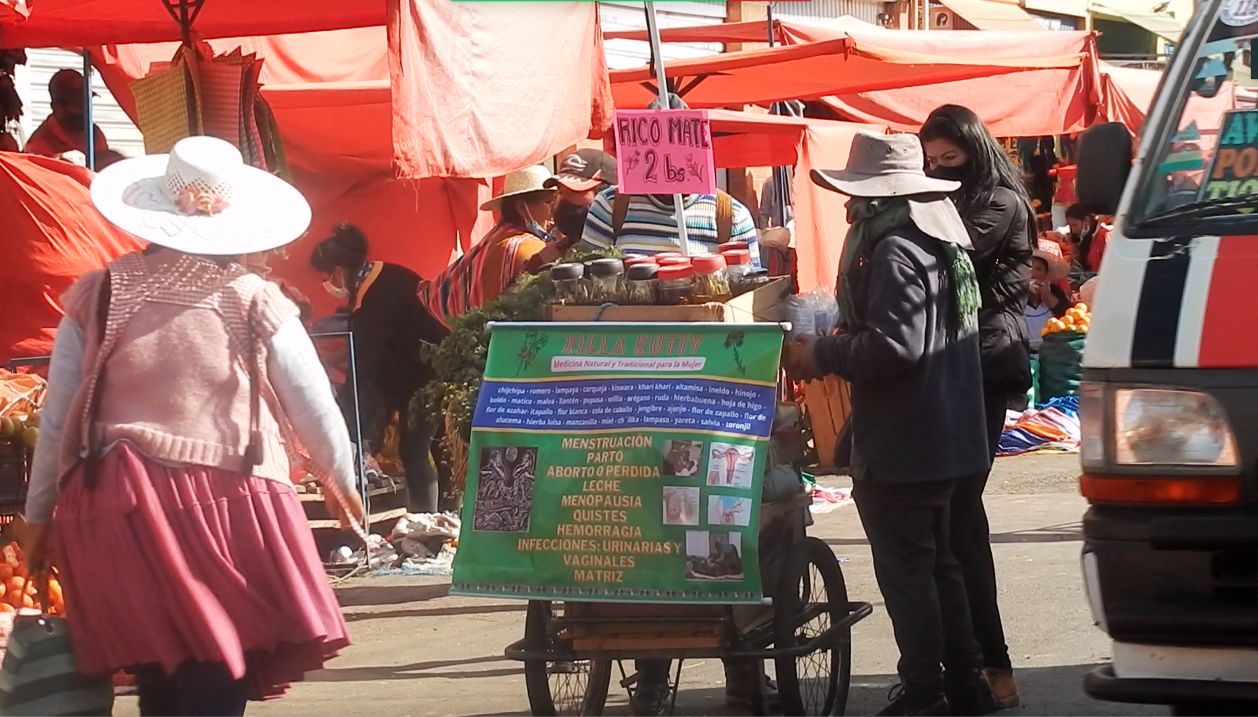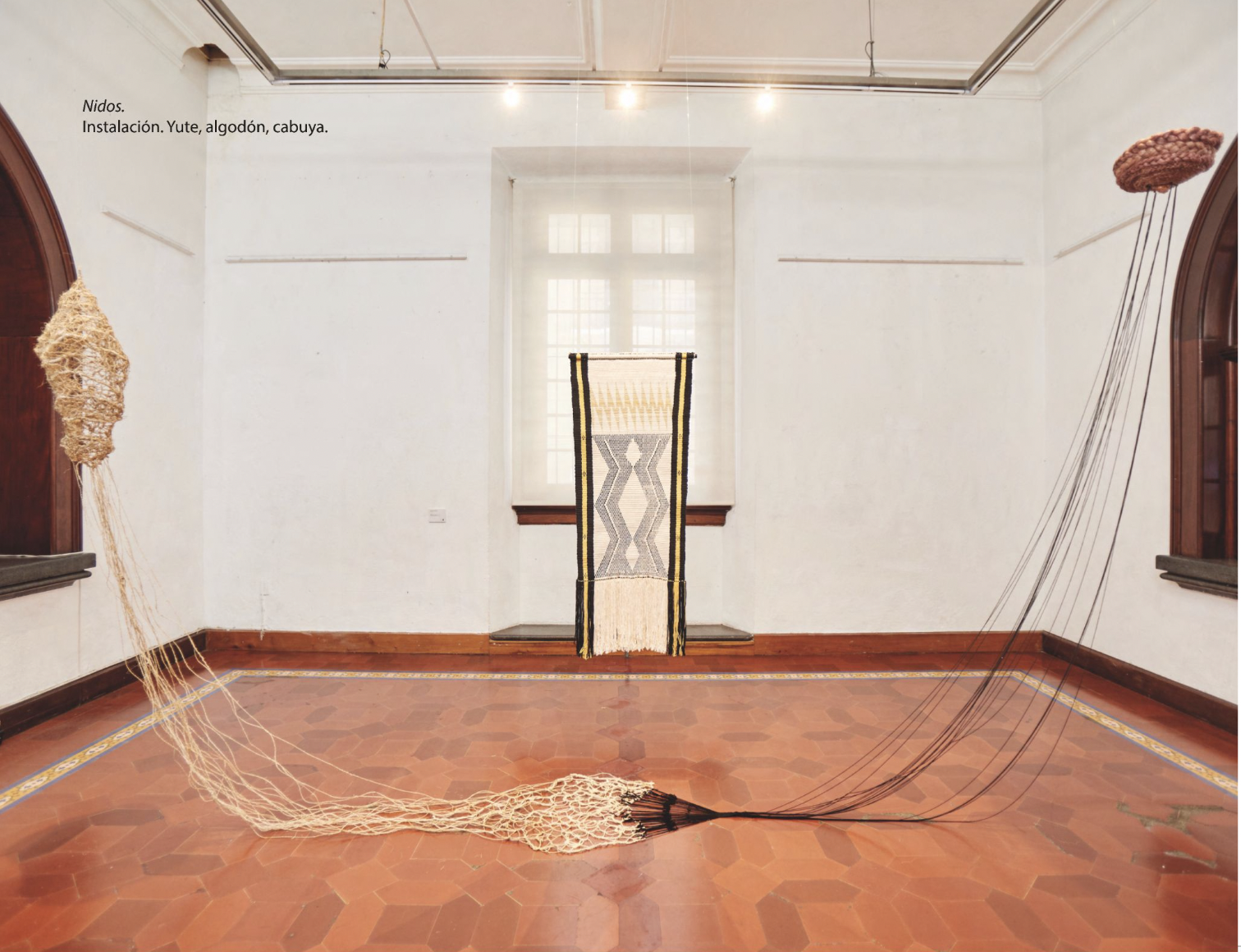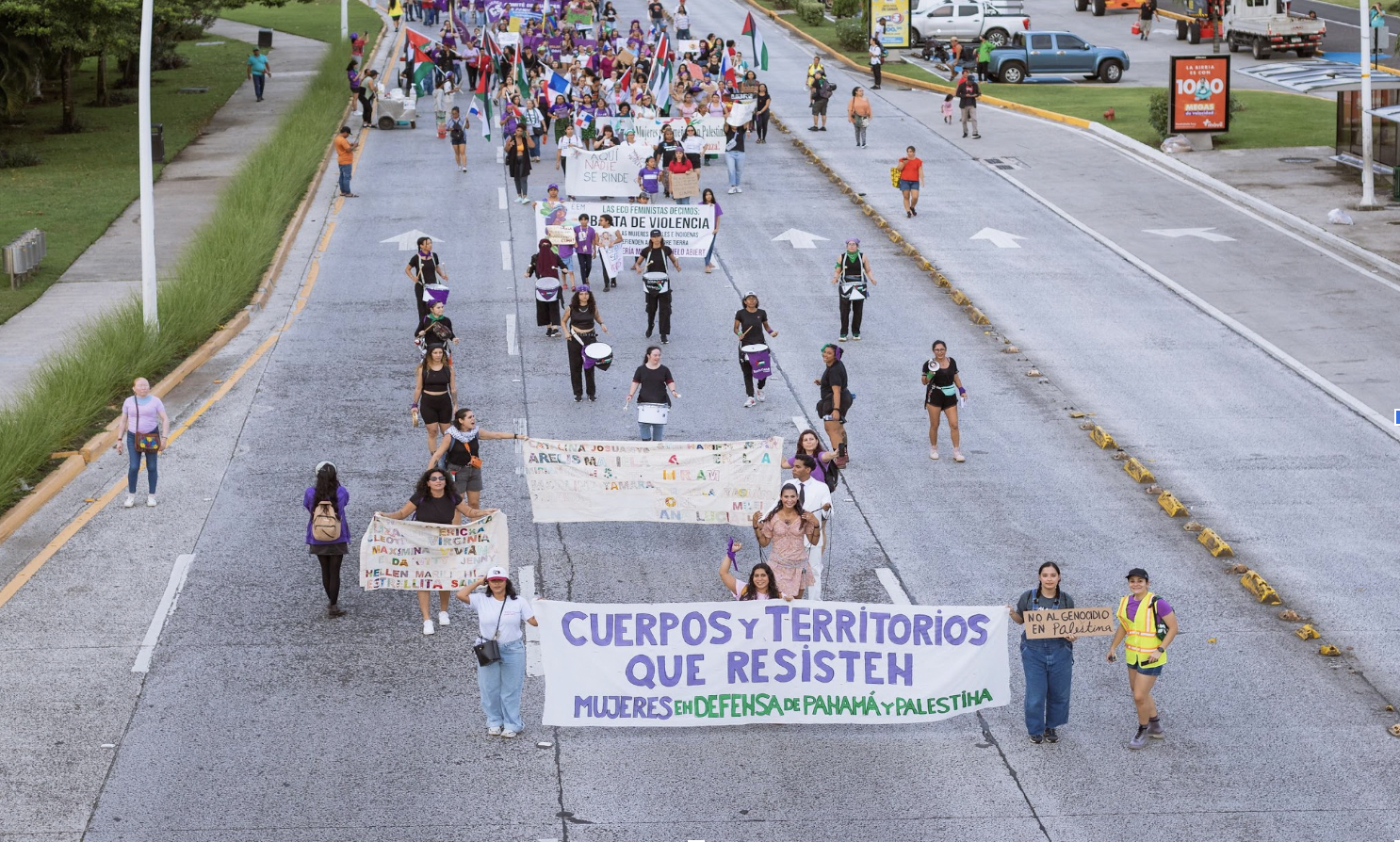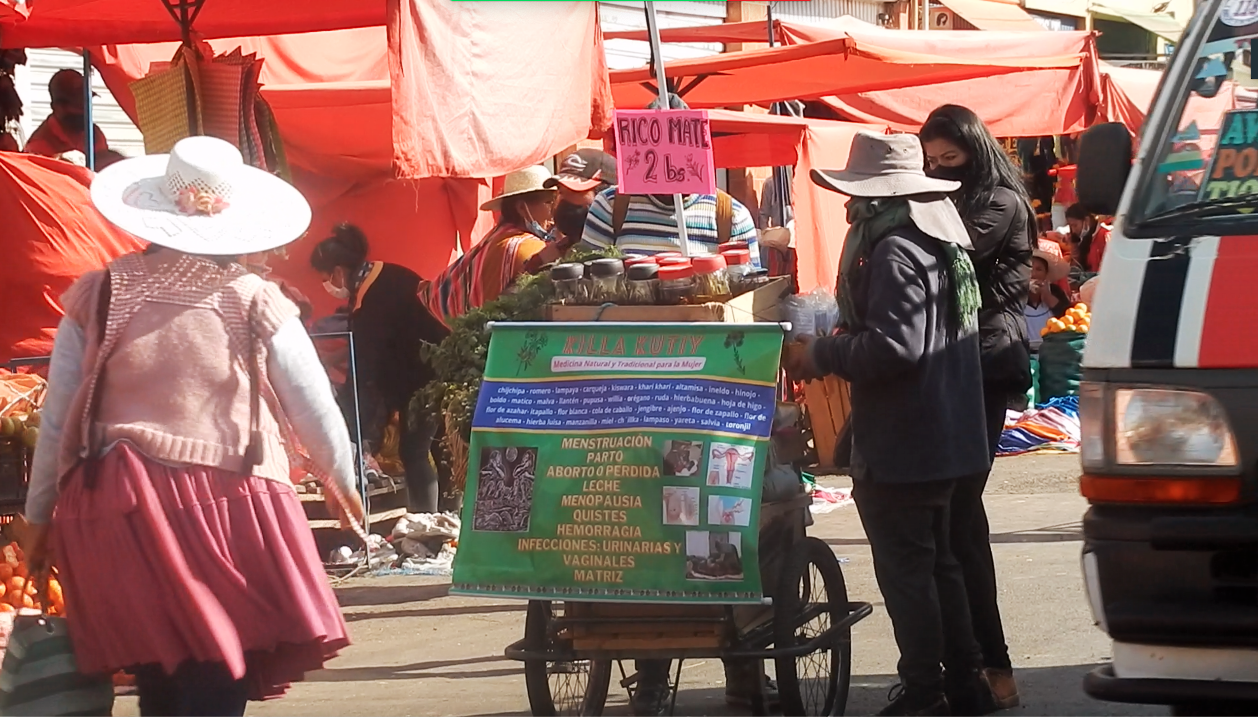Exploring Gender in Latin American Art: Coloniality, Power, and Feminine Expression
Colombia
Consulte el artículo en español aquí.
“Art becomes a fundamental challenge, putting at risk not only our lives as artists, but also the lives of our families, in the struggle for freedom of expression and social change ”
Colombian musician and rapper
Amidst new instabilities sweeping the Latin American continent, such as the crisis in Ecuador, political persecution following Guatemala’s 2023 elections, and the rise of Milei’s neoliberal authoritarianism in Argentina, on December 14th and 15th ARC organized a regional workshop in Bogotá, Colombia titled, “Exploring Gender in Latin American Art: Coloniality, Power and Feminine Expression.” This event not only provided a crucial platform for dialogue and collaboration between women and non-binary individuals, artists and gender rights’ activists, but also highlighted the importance of women-led artistic and social initiatives that are increasingly taking center stage at the regional level, driving transformative progress in the field of artistic production and beyond. The importance of these initiatives lies in their ability to break away from what has long been commonplace marginalization and underrepresentation of women in the arts. By bringing together artists from different countries and contexts, ARC’s workshop sought to activate and consolidate social movements that transcend borders, allowing for the identification of common patterns and the construction of collective strategies to address the specific challenges faced by women artists.
The workshop included 20 artists from 10 different countries in the region — including Mexico, Guatemala, Costa Rica, Panama, Honduras, Ecuador, Colombia, Bolivia, Peru, and Argentina — and the valuable collaboration of three partner organizations based in Bogotá: Cartel Urbano, Fundación Karisma and el Fondo de Acción Urgente para Latinoamérica y el Caribe.

During the first day of the workshop, which took place in the headquarters of Cartel Urbano located in the heart of the San Felipe creative district, we immersed ourselves in meaningful exchanges and discovered our common links. The discussion then turned to the key challenges facing Latin American women and non-binary artists. One question in particular that became incredibly important in these early conversations was: How can we maintain artistic integrity while both fighting for a sustainable life and resisting the pressures of the system?
This question illuminates the daily challenges faced by women artists and the complex intersection of their creative life with the need to ensure their livelihoods and, in many cases, support and care for their families. It also sheds light on the pressures and obstacles that, in many contexts within the region, are imposed upon women creatives by political and social actors, particularly those whose work involves social criticism. This is the case, for example, when religious fundamentalist and far-right groups attack and threaten artists involved in feminist movements in Bogotá, specifically those who, through their public artistic demonstrations such as mural painting, seek to promote social consciousness and raise awareness on gender and historical issues in Colombian society
Another example of this is how the political and cultural authorities in Guatemala have been persecuting, harassing, and forcing artists, students, and activists into exile for protesting against the country’s corrupt political system. As concerns Bolivian artists, they have demonstrated a lack of structural resources and government support that severely limits their artistic endeavors, contributing to, “the influence of Western criteria in the valuation of art and pressure to conform to predefined artistic stereotypes that pose additional challenges for those who seek to explore more experimental and contemporary forms of artistic expression,” as relayed by an artist from La Paz.

The question of how to maintain artistic integrity in the face of such challenges resounded in the hearts and artistic experiences of the participants, sparking a passionate dialogue about the duality of authentic artistic expression and the practical reality of ensuring one’s quality of life. Each participant revealed the ways in which this duality manifests itself in different ways in their artist trajectories. As one artist from Panama shared with the group, “finding an equilibrium between activism, art, and self care is a constant task, but it allows us to move forward with strength and resilience.” In this confluence of struggles and self-discovery, women artists not only face similar challenges, but also find common ground from which to foster solidarity, mutual inspiration, and build a collaborative cultural fabric. In this sense, a Guatemalan artist stressed that, “it is fundamental to understand that we are constantly working towards a new reality, a utopia that drives us forward.”
The second day of the workshop centered on collaboration and action. The morning sessions included roundtable discussions about creating supportive networks and identifying key collectives and organizations operating in different contexts. In particular, participants explored social and collective initiatives for creating safe and empowering spaces for women artists, including the allied organizations, networks and collectives in each country represented in the workshop. It was evident how, “in the midst of challenges and struggles, emerges the importance of getting to know each other, connecting our experiences, and existing together in these spaces, challenging the limitations imposed by the patriarchal system and building a collective sense of existence and resistance.”

The afternoon was dedicated to making commitments and formulating ideas regarding next steps. Among them, it is important to mention the will to continue our collaboration between organizations and artists to develop a mutual support and information sharing network at the regional level.The workshop concluded with the presentation of individual and collective action plans to implement changes in one’s artistic practices and collaborations, and was followed by a moment of reflection and farwell.
The workshop provided a space in which participants could share their experiences, challenges, and successes, generating a valuable and enriching dialogue. As an artist from Honduras highlighted, “this space has been valuable as an opportunity to understand and respect the diverse challenges we face, recognizing that each experience is unique and meaningful.” The diversity of perspectives and regional contexts present at the event contributed to a more complete understanding of the intersections between gender, coloniality, and power in contemporary Latin American art and society.
Events like the workshop, “Exploring Gender in Latin American Art: Coloniality, Power, and Feminine Expression” play a crucial role in the necessary change of paradigms in the region, promoting gender equality and highlighting the importance of feminine and non-heteronormative voices in artistic and political discourse. These regional initiatives not only fill gaps in representation, but also promote the formation of a close-knit community that can drive processes of collective transformation.

Written by Alessandro Zagato, January 16, 2024.






